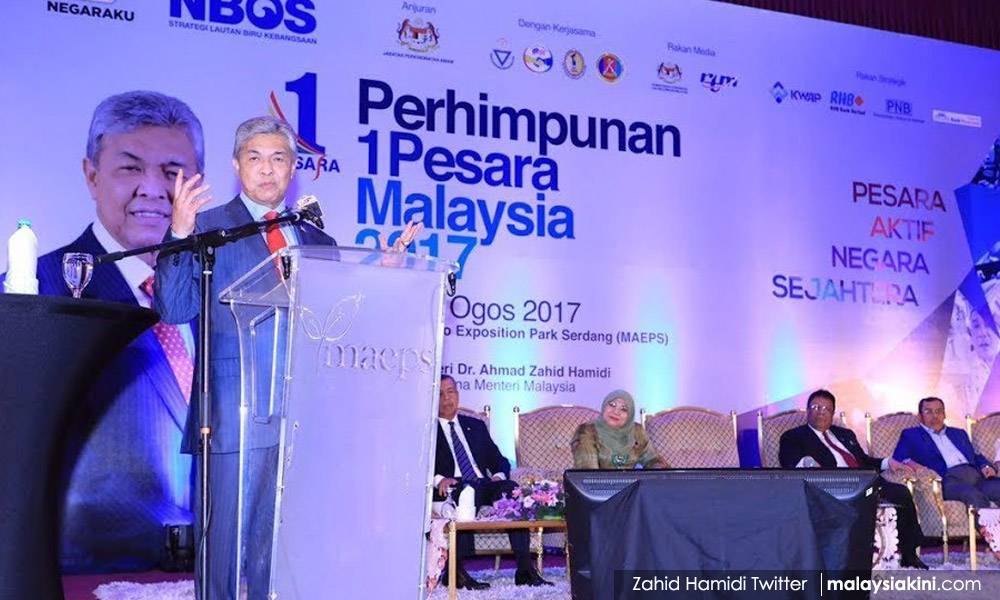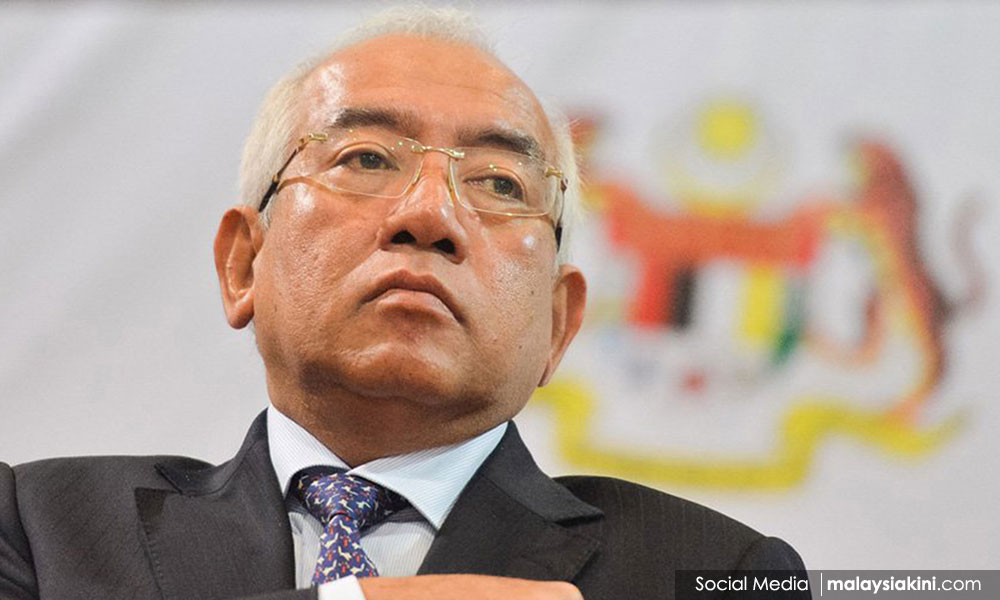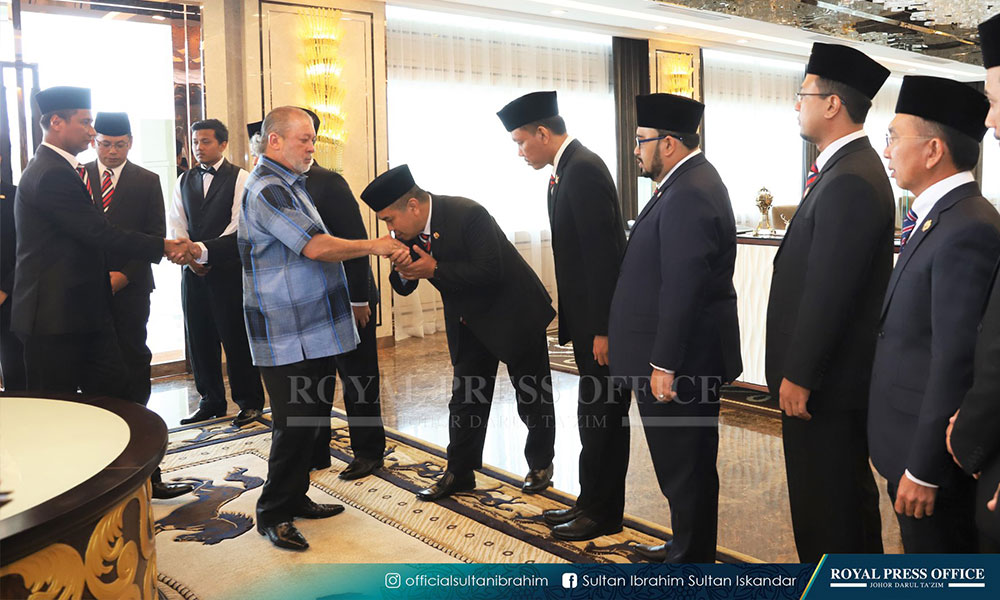Civil servants are not obliged to be 'loyal' or 'grateful'

COMMENT | Loyalty and gratitude are two words very much in use by Umno leaders these days, especially when speaking to civil servants and government pensioners.
There are currently approximately 1.6 million civil servants (including teachers, police and armed forces personnel) and 778,894 retirees on the government payroll. They represent a huge and critical voting block for Umno. Hence the need to both pander to them and cajole them into supporting Umno.
Don’t bite the hand that feeds you
Deputy Prime Minister Ahmad Zahid Hamidi, for example, said in a speech that pensioners must not bite the hand that feeds them or be ungrateful to the government. After all, he noted, the government had allocated about RM20 billion a year for retirees.
He also appeared to suggest that pensioners who support the government are “national assets” while those who criticise the government are a “liability to the country”.

Education Minister Mahdzir Khalid (photo) courted controversy earlier this year when he warned teachers that they risked disciplinary action if they backed or joined any opposition party. Joining BN parties was apparently okay.
And Perlis Menteri Besar Azlan Man, himself a former civil servant, expressed his disappointment with “a handful of Malaysian armed forces personnel… who oppose the government as soon as their service ended”.
He advised them to take up their grouses through proper channels instead of going against the government (never mind that “proper channels” is simply another term for “no further action”).
In the meantime, the director-general of the Public Services Department (PSD) said civil servants should be grateful (there’s that word again) to the government for improving public sector remuneration and benefits, noting that the present government had announced various benefits for civil servants including salary increases, promotions, special leave for performing the umrah, maternity leave and the special payment of RM1500.
He also urged civil servants not to “destroy the country’s future” (presumably by voting for the opposition).
The role of the civil service
Clearly, there is much misunderstanding about the role and responsibilities of the civil service in a democracy, if we still qualify as one. What is worse, senior civil servants themselves appear to be either confused about their role or have compromised their integrity.
Civil servants, as the Sultan of Johor reminded us just this week, “are bound by their oath of office to remain neutral and not take sides”.

Their job is to advise the government of the day and then to faithfully execute policies and decisions made by the government irrespective of their own private political affiliations or views. They may not criticise the government or undermine it in any way.
If they disagree with the government and are unable to implement approved policies, tradition demands that they tender their resignation.
Upon retirement or resignation, they are, of course, free to comment on any policy subject to the provisions of the Official Secrets Act 1972.
Ex-servicepeople and members of the Patriots Association are, therefore, entirely within their rights to either publicly support the government or openly criticise it as the case may be.
At no time, however, are serving or retired civil servants obliged to pledge their loyalty to the ruling party or vote for it. That is something that only happens in dictatorships.
The old adage “My country, right or wrong” does not extend to the government of the day. The loyalty of civil servants is ultimately to king and country rather than to any particular political party.
Contractual obligations
In return for their service, the government is obliged to pay civil servants, from public funds, fair and adequate compensation (including pensions where applicable).
Such compensation is not a bribe, a handout or a reward for loyalty but payment for services rendered. It is a straightforward contractual obligation between employer and employee.

The question of being thankful or grateful to the government, therefore, does not arise and it is simply ludicrous to suggest that civil servants ought to be loyal to the government because it pays their salaries.
It should also remembered that it is the public that pays the salaries of both the politicians they elect and the civil servants they appoint (through the Public Services Commission). Ultimately, both have an obligation to serve the people with integrity and dedication.
Politicising the civil service
The mandarins of the civil service do the country an enormous disservice when they behave as if the civil service is a mere appendage of the ruling party, or promote the idea that civil servants ought to support the ruling party at the polls out of loyalty and gratitude.
By politicising the civil service, they not only set a poor example but seriously undermine the neutrality and integrity of a hallowed national institution. As for retired civil servants, I am sure they will continue to serve their country by speaking out and joining the debate to build that more perfect nation that we all want to see. Their loyalty to king and country demands nothing less.
Correct, why should civil servants be loyal to the ruling [arty as their salaries are paid for with tax payers' money. Only when BN use their own money can they impose a loyalty decree to civil servants. It sickens us that BN leaders are acting like dictators. Real sickening. It is best to these people out of power ASAP.


No comments:
Post a Comment